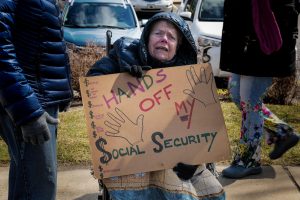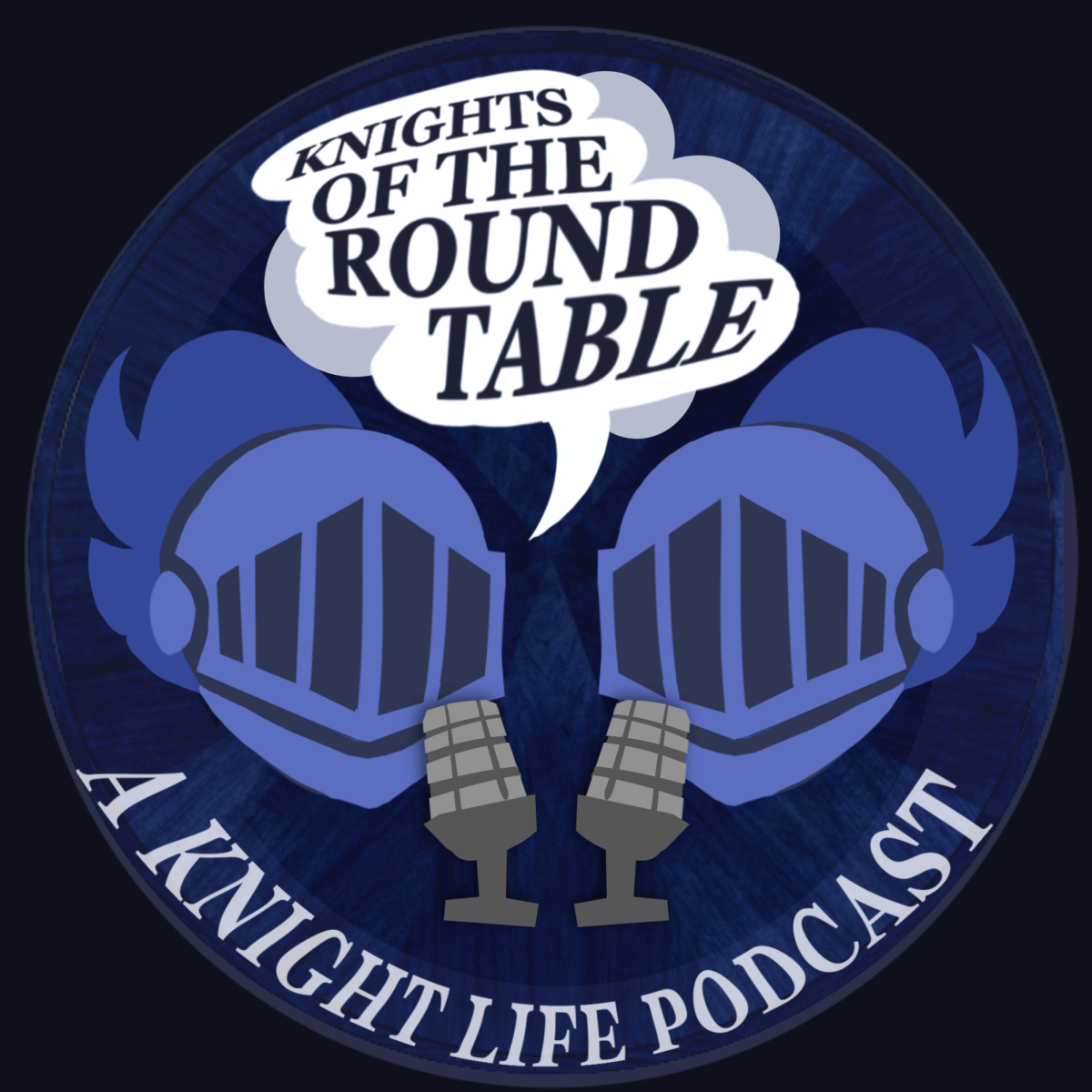Teachers share thoughts on Banned Books Week
Credit: Hollis Masterson
Librarian John Kreider checks in a recently returned book from a freshman student. This is Kreider’s first year hosting Banned Books Week for Loy Norrix High School.
October 19, 2021
“Banned Books Week is a big holiday for librarians celebrating the right to read, and I’ve never done anything for it in here mostly because it’s the beginning of the year and I’m getting things started,” said school librarian John Kreider on his inspiration for bringing Banned Books Week to Loy Norrix. “But this year I wanted to kick it up a notch because there are challenges happening more frequently to books and ideas, and I wanted to make sure it was celebrated this year and I think it would grab the students of Loy Norrix’s attention.”
Banned Books Week has been celebrated nationally the last week of September every year since 1982, and was started by the Center For The Book in the Library of Congress. This is the first year it is being celebrated at Loy Norrix High School with Kreider as the organizer of the event.
There were points where books were challenged for topics in KPS; however, never has a book been banned in the KPS system according to KPS records. This is not the same across the nation and schools for many years have had books restricted from their curriculums.
“I think recognizing that books have been banned in the past and continue to be banned by schools, communities, groups and even in cities and states is important because it obviously limits people’s access to ideas,” said English teacher Brianna English on the importance of Banned Book Day.
A majority of books on the banned book list for this year, published by the Library of Congress, were banned because of racist topics brought up in them such as “The Hate U Give,” “To Kill A Mockingbird,” and “Melissa’s Story” (also called “George”).
Kreider has concerns about the silencing of historically marginalized peoples.
“Sadly the consequence of this is people are challenging these publications which raises questions about the state of our union,” Kreider said.
Yet does banning a book make it disappear forever? All of the teachers at Loy Norrix interviewed for this article agreed that banning a book makes it more popular.
“Recognizing that books have been banned causes kids to be more interested in those books because of the taboo behind their banning, ” English said.
“The interest in banned books now was like banned music for me when I was a teen. If my parents said I couldn’t listen to a certain group, the first thing I did was try to find it and listen to it just like banned books,” said Kreider.
“As soon as a book ends up on a banned book list, it’s sales skyrockets, like boom,” Lewis said, former English department head and current English teacher.
Teachers also agreed that the responsibility of explaining controversial topics in books should fall on individuals a student trusts, from teachers to guardians.
“I think they should go to somebody they trust, but I think one of the problems in this world is that many students do not have someone they could trust to explain topics brought up in controversial books,” Lewis continued. “I hope that there is someone in the building like the librarian Mr. Kreider to swoop in and aid students in reading controversial books.”












